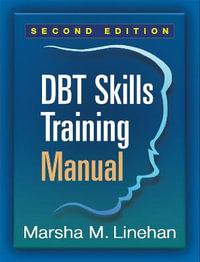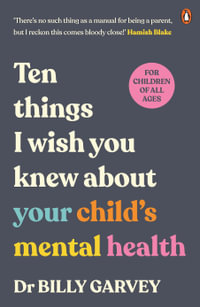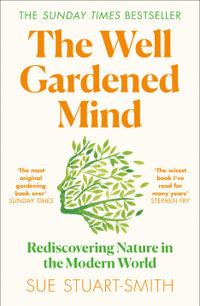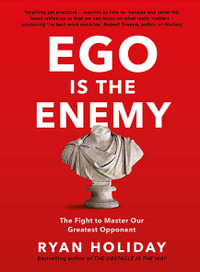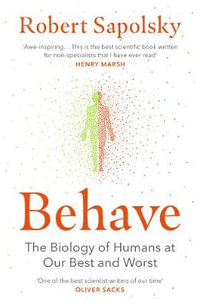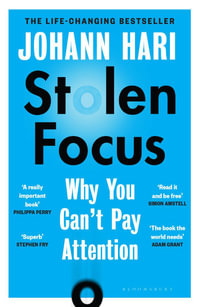In this book, the major and at the same time most difficult questions of comparative cognition research - I call them the sextet of animal intelligence - will be presented using good examples, discussed in all their facets and finally answered with due caution. Starting with the question of human rationality, which is illuminated historically at the beginning and presented as a framework concept, the latest research will be dealt with, which either revise preferred interpretation schemes or call for new ones. It is particularly important to critically question hastily conceived categorisations, often derived from research on the human species and from everyday psychological notions, and to consider so-called animal irrationality, a.k.a. (mis)performance, from the perspective of species-specific, natural requirements.
There are three broad themes, each with two domains, that deserve our special attention: the 1) creative production of tools and 2) other forms of technical intelligence (causal understanding); 3) extending thinking into the future (preparation and planning) and 4) into the past (episodic memory); 5) reflecting on one's own state of knowledge (metacognition) and 6) on the state of knowledge of others (perspective-taking and mind-reading). These six mental capacities are primary candidates for rational thinking in an extended sense. The individual chapters deal with the thinking processes of animals that can provide scientific evidence for animal rationality. These are thought processes that are not possible in humans without consciousness, such as creative tool-use, perspective-taking, insightful problem-solving and time-travel (episodic memory, planning). In the first chapter, I will also discuss concept-formation, logical reasoning, volitional action, intentionality and the so-called executive functions. This list is not exhaustive, but it will leave out those areas where experimental, systematic and standardised research is still in its infancy, such as rational imitation and teaching.
Why is it at all important to know whether animals can act rationally, intentionally or consciously? The answer is because it is of both theoretical and practical relevance. Theoretical relevance is twofold: because it is good in itself to understand animals better, but this knowledge is then also of great importance for assessing ourselves. This brings up the practical relevance: We are not only surrounded by animals, we live with animals, we live from animals. Yet we see ourselves as separate from them in important ways. Consciousness, language and rationality are essential characteristics with which we justify our human uniqueness and thus our superiority and ultimately our right to dominate and use animals in many ways. If an animal can feel pain, we feel obliged to avoid inflicting unnecessary pain on it. But yet we do not accord it the special inherent value and dignity associated with consciousness and rationality. This has far-reaching consequences for human action and the coexistence of humans and animals.








